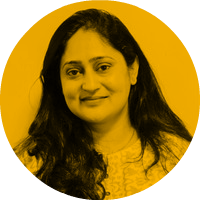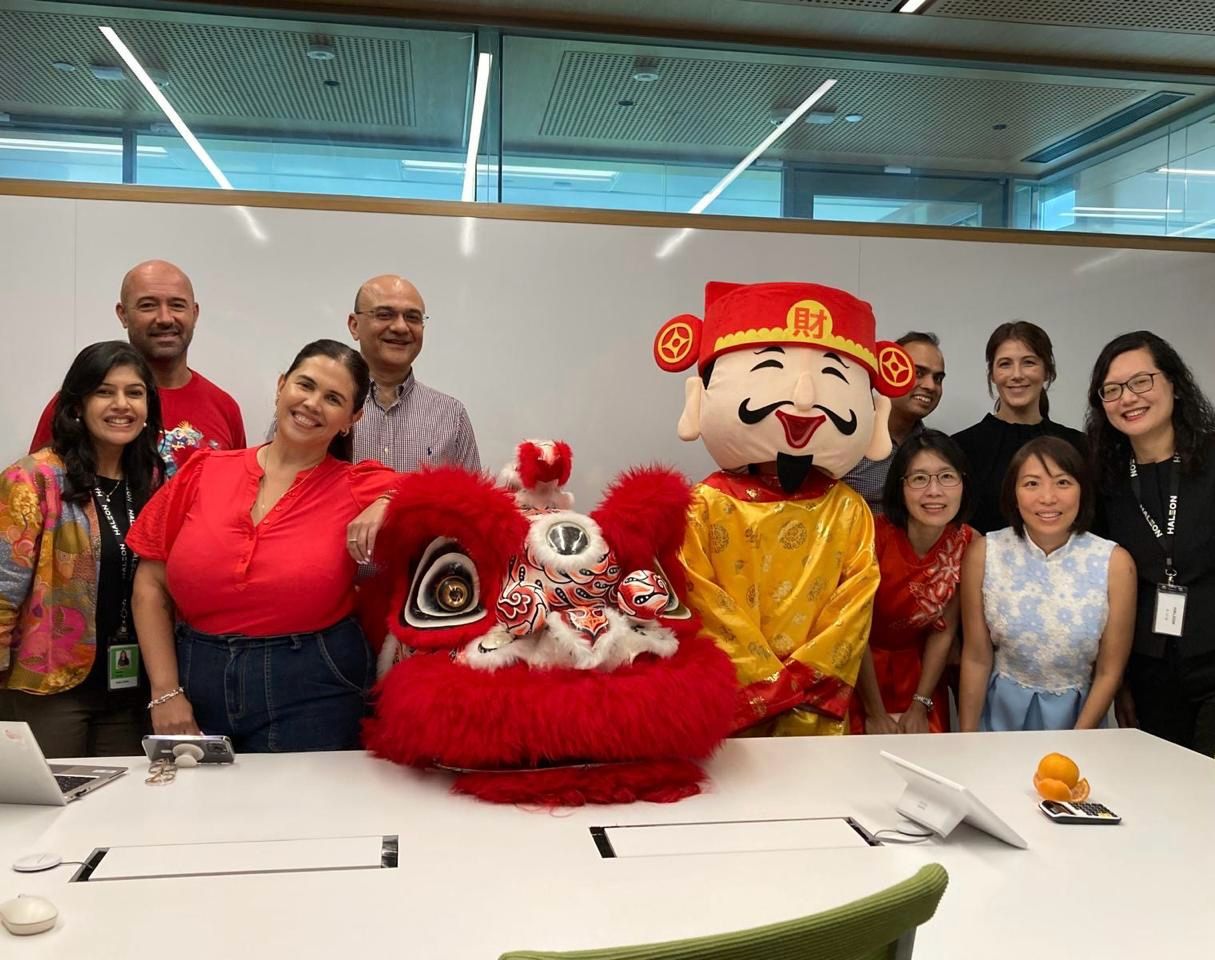How social media can help HR professionals in their jobs
- Yamini Chinnuswamy

Much of the current conversation about social media revolves around whether it’s a boon or bane. But certainly from the business perspective, there have been great benefits. Professional networks such as LinkedIn make it easier for people and brands to make connections regardless of physical constraints or boundaries.
As a business function, HR has probably been impacted more than most others – with social media offering a platform for recruitment, employer brand development, employee engagement, and more.
But beyond the function, what can LinkedIn and other online networks do for HR professionals themselves? In hopes of answering that question, HRM Magazine Asia spoke to four Asia-Pacific HR leaders who were named to LinkedIn’s Power Profiles 2018 list for HR.
Below, these ‘influencers’ weigh in on their social media HR journey, and how it has helped them in their everyday working life.
How has social media helped you become a better people leader, and how important do you think it is for HR and business leaders to have a strong presence on social media and professional networks such as LinkedIn?
Namita Vyas, Talent Acquisition Leader, Grab:
“I
experienced first-hand the power of online connections when I started my career in India as a HR practitioner.
The connections I had from various industries proved invaluable when I was hiring for niche positions, and convinced me of the potential of establishing an online professional presence.
“The LinkedIn community is passionate about meaningful conversations and knowledge sharing, and I am greatly encouraged by how we constantly learn from each other.”
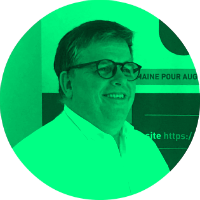 Philippe Bonnet, Vice-President, Global Head for Learning & Development, Essilor:
Philippe Bonnet, Vice-President, Global Head for Learning & Development, Essilor:
“I believe that a professional online presence goes a long way in building our personal brand.
As technology continues to disrupt and dominate the way we communicate, we need to be able to leverage this and establish a strong online identity that reflects who we are as professionals.
Doing so is also a good way to start building networks that go beyond our immediate organisation – paving the way for how we will network moving forward.”
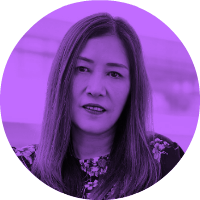 Jaclyn Lee, Chief HR Officer, Singapore University of Technology and Design:
Jaclyn Lee, Chief HR Officer, Singapore University of Technology and Design:
“For business leaders, including those in HR, there is much to benefit from having an active online presence.
“This gives us the opportunity to shape the next generation of practitioners who are on the quest for knowledge – by educating them on the state of the market, or addressing their questions.
“Many of my followers are younger professionals who have found my insights and articles inspiring, and have even reached out for advice. I find this to be a great encouragement to continue sharing.”
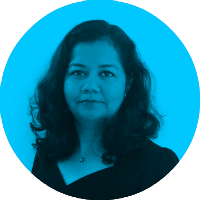 Rupal Khole, Principal Oracle Talent Advisor, Oracle Southeast Asia:
Rupal Khole, Principal Oracle Talent Advisor, Oracle Southeast Asia:
“Specifically with LinkedIn, I have been able to connect with prospective talents, business leaders and fellow HR leaders to gain insights around what’s happening in the industry and fulfilling talent requirements for Oracle.
“HR practitioners should not only use [online networks such as LinkedIn] to find talents, but also to promote the employer’s brand by sharing content about the company – this could be business or people related content such as some of the fun initiatives that the company is doing in order to attract millennial talents.
What is one piece of advice you would give to fellow business and HR leaders and professionals who are also looking to build their own social media HR presence?
hrmasia.com
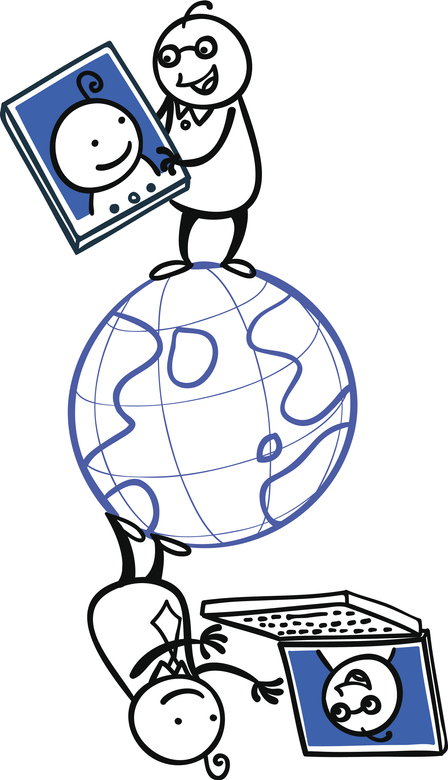 Namita Vyas, Talent Acquisition Leader, Grab:
Namita Vyas, Talent Acquisition Leader, Grab:
“Professionals need to better understand the context of these platforms and how to use them appropriately. To establish a reliable online presence, professionals should take note of the basic profile requirements: a clear headshot as the profile picture, updated descriptions of work experiences as well as content that is fitting for a business audience.
“Keeping your profile authentic is also equally important – your online profile should be an extension of who you are in person. Remember that relatability is still a key factor when it comes to connecting with people, even if the connection begins online.
“Be it through commenting, or putting up original content, there’s so much that we can do to create our own personal brand. Don’t be afraid to have your own voice and express your own opinions – it’s all about having a unique point of view!”
Philippe Bonnet, Vice-President, Global Head for Learning & Development, Essilor:
“C
reating an authentic identity online takes time, but it is a rewarding investment in the long run.
“Build your network meaningfully by having multiple filters on what you consume, what groups you want to belong to, and always keep in mind that this is a sharing community.
“You will learn more if you are an active member of the platform.”
Jaclyn Lee, Chief HR Officer, SUTD:
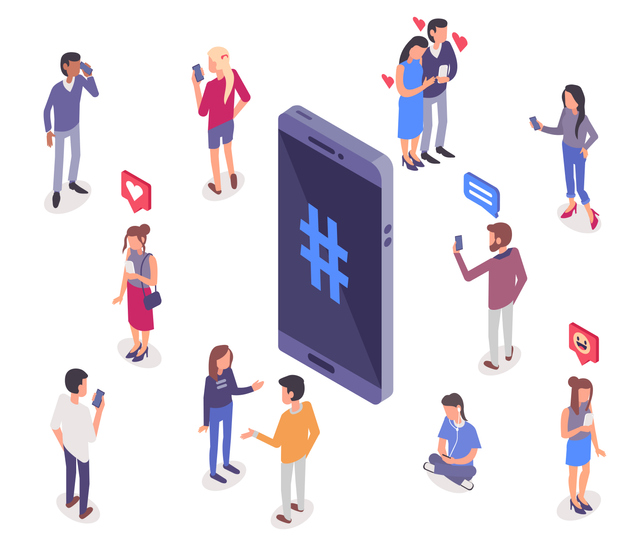
“B
uilding your professional brand online requires consistency and a good amount of time and effort, but what you get out of it is invaluable.
“Don’t limit your sharing to topics that are relevant only to your industry; feel free to share your thoughts and experiences on things you are passionate about.
“Power Profile or not, I believe many of us are considerably invested in cultivating an active network and as a result, have inspired others along the way. That in itself deserves a kudos.”
Rupal Khole, Principal Oracle Talent Advisor, Oracle, Southeast Asia:
“E
stablish your own thought-leadership, and be seen as being on top of the latest developments in your own industry, be it HR or IT, and remain active on the social platform.
“By doing these, LinkedIn has helped me be more visible to prospective talents, and as such I have been able to achieve higher response rates from prospective candidates.”
LinkedIn Power Profiles are the most viewed profiles on LinkedIn across top categories, including HR. They are members who have invested in their professional brand online and earned strong following from their network on LinkedIn in the past year.


